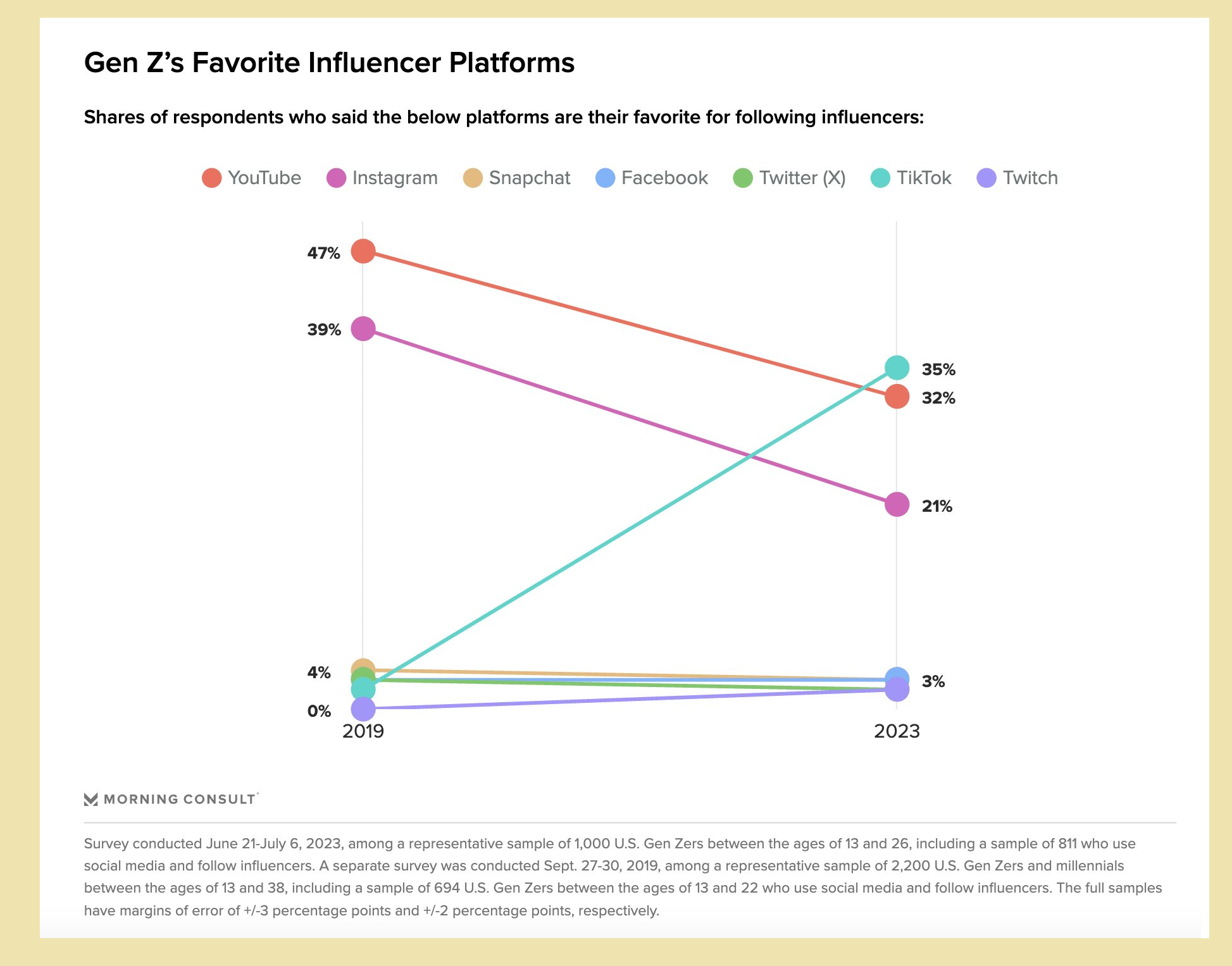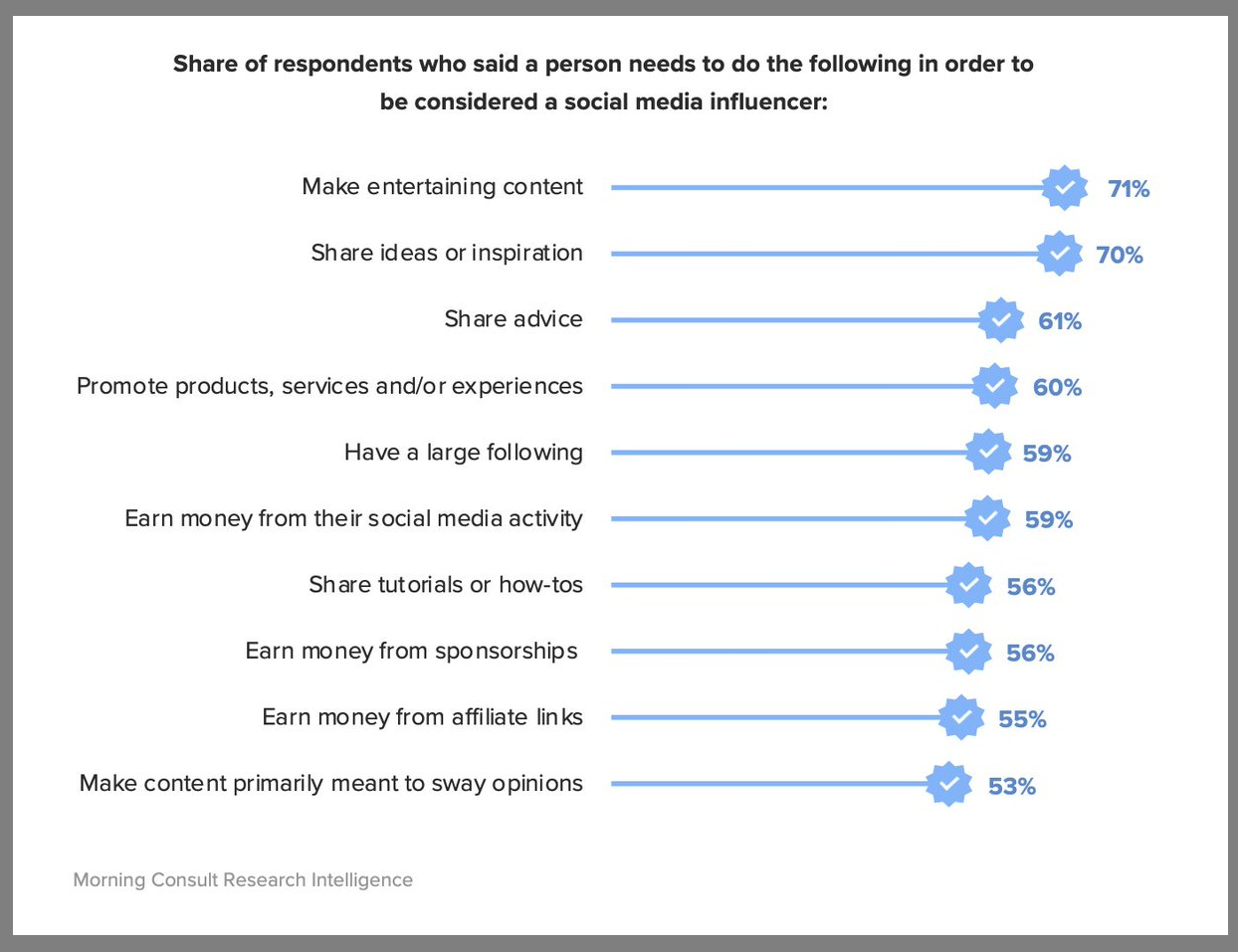Twitter's Identity Crisis: From Twitter to X
First things first, Twitter has undergone a rebranding, and now it goes by the mysterious name "X." It's like your friend Steve suddenly insisting that everyone call him "Lord of the Dance" because he learned a few dance moves. But we digress.Twitter's Desperate Move: Outsourcing Ad Sales
Twitter, apologies, X is in a pickle. Its ad revenue dropped precipitously, forcing it to outsource the sale of some of its ad space. It's like watching a superhero request assistance from their arch-nemesis. The question is whether this unusual alliance can save the day.Google's New Playmate: The Google Display Network
So, Twitter, or X, is now holding hands with the Google Display Network. It's like your cat making friends with a dog; you never thought you'd see the day. Advertisers will soon be able to access X's home feed inventory through Google Ads Display campaigns. But, shh, the exact details of the deal are a well-guarded secret, probably buried in a treasure chest guarded by a dragon.Why It Matters: Twitter's 59% Ad Revenue Freefall
Why should you be interested in this amusing rendezvous? After Elon Musk came over, Twitter's ad revenue decreased by 59% in the United States. It's like witnessing a big-budget film bomb at the box office. With ads accounting for 90% of X's revenue, this setback proved devastating to the company's profit margins.Elon Musk's Attempted Rescues: New CEO and Now Google
Enter Elon Musk, the mastermind behind SpaceX and Tesla. He's trying to save the day by first bringing in Linda Yaccarino as the new CEO. It's like trying to fix a leaky boat with a Band-Aid. Now, he's outsourcing ad sales to Google, one of the advertising industry's bigwigs. It's almost as if he's calling in the Avengers to deal with a neighborhood dispute.A Potential Marketing Superpower: Google and X's Data Fusion
According to Tom Ruff, Head of Social at digital marketing agency Journey Further, the odd couple's union has a silver lining. He believes that he can construct the ideal marketing database by merging data from Google and X. It's like combining peanut butter and chocolate—it'll either be a match made in heaven or a disaster. However, the effectiveness of this collaboration is dependent on their ability to successfully communicate their data.Google's Take: It's Just Business as Usual
What does Google have to say about all this? Well, they seem pretty nonchalant, as if they've seen it all before. According to a Google spokesperson, X has decided to monetize its home feed with Google Ad Manager. It's like hearing your neighbor say, "Oh, they've just decided to mow their lawn at 5 AM. No big deal." Google insists that advertisers can still choose where their ads will appear because, you know, they have standards to uphold.Conclusion: Will This Odd Couple Save the Day?
The alliance between Twitter, er, X, and Google is a beautiful twist in the worlds of social media and advertising. Will this unlikely pairing resurrect X's ad revenue, or will it be a comedy of errors? Only time will tell whether this collaboration is a blockbuster or a one-season sitcom in the realm of technology and advertising. We'll be watching with popcorn in hand, either way.Read next: Microsoft CEO's Bleak Outlook on Google's Search Dominance
by Rubah Usman via Digital Information World












